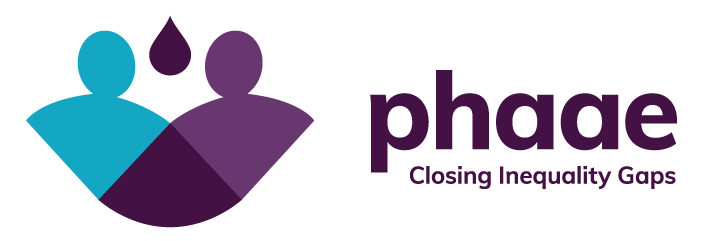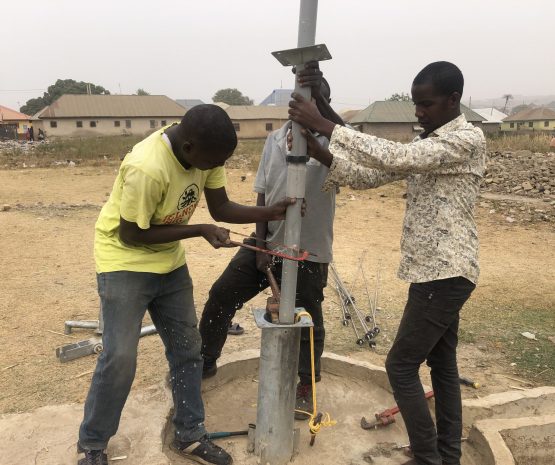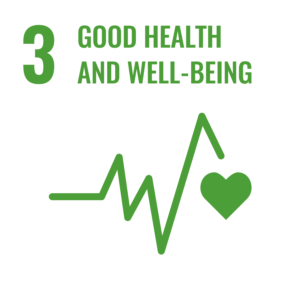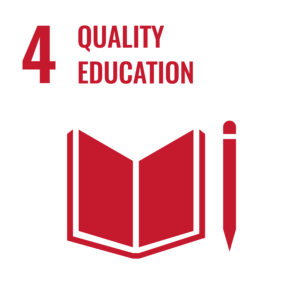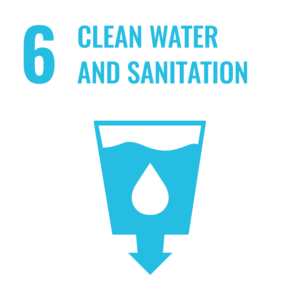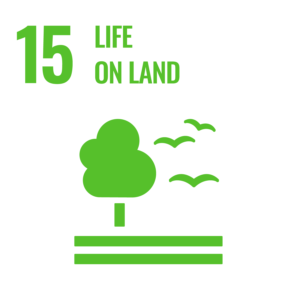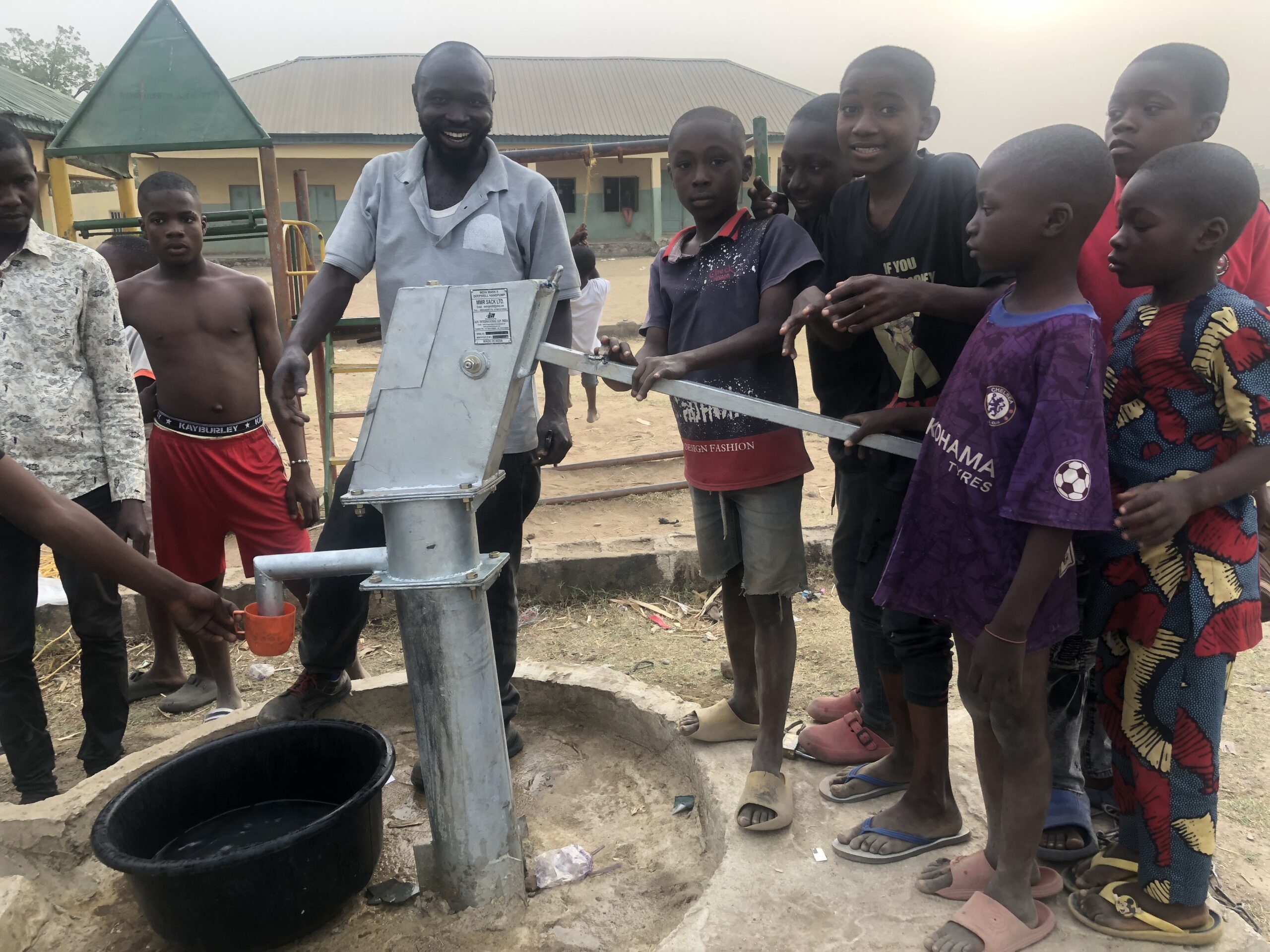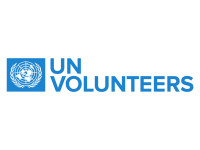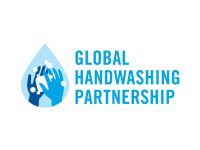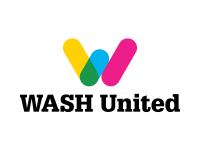Groundwater for WASH in rural communities of West Africa.
PHAAE has worked closely on grassroots transformational projects in marginalized and rural communities. Since urban communities don't have many water-related issues, our main targets are schools in villages with no access to clean and safe water. It is usually villages with no basic water, sanitation and hygiene infrastructure.
Climate change impacts are felt through water – floods, rising sea levels, shrinking ice fields, wildfires and droughts. With the demand for freshwater projected to grow by more than 40 per cent by 2050, water scarcity is an enormous concern. However, water can fight climate change. Sustainable water management is central to building the resilience of societies and ecosystems. Most African countries have sufficient groundwater for people to survive and thrive – in some cases, for more than 50 years.
The world’s neglected defence against climate change emphasizes increasing water and sanitation financing for marginalized communities through a fixed percentage of annual government budgets and increased international donor and private sector investment. In rural communities of Nigeria, the usual water source in villages is the nearby streams where the villagers usually fetch water. Sometimes these streams are far and take hours of journey to get the everyday water – it is usually women and children who have to do so. The streams have dirty and unsafe water not approved for drinking water standards. The use of wood to make a fire in boiling the water further leads to deforestation, which has been one of the major causes of biodiversity degradation in these areas. In doing so, it hinders the efforts of accessible education for children and youth and women empowerment.
Education on groundwater access and resources will defend against the water crisis by empowering women and children towards better lives and enhanced WASH conditions. PHAAE has been able to work on such grassroots water projects in Nigeria. The governmental institutions are not equipped and capable of reaching the marginalized communities in Nigeria. More funding and financing to the NGOs will help bring clean water access to schools in these communities in western Africa and act as a catalyst in other parts of the continent.
The world’s neglected defence against climate change emphasizes increasing water and sanitation financing for marginalized communities through a fixed percentage of annual government budgets and increased international donor and private sector investment. In rural communities of Nigeria, the usual water source in villages is the nearby streams where the villagers usually fetch water. Sometimes these streams are far and take hours of journey to get the everyday water – it is usually women and children who have to do so. The streams have dirty and unsafe water not approved for drinking water standards.
The use of wood to make a fire in boiling the water further leads to deforestation, which has been one of the major causes of biodiversity degradation in these areas. In doing so, it hinders the efforts of accessible education for children and youth and women empowerment.
Education on groundwater access and resources will defend against the water crisis by empowering women and children towards better lives and enhanced WASH conditions. PHAAE has been able to work on such grassroots water projects in Nigeria. The governmental institutions are not equipped and capable of reaching the marginalized communities in Nigeria. More funding and financing to the NGOs will help bring clean water access to schools in these communities in western Africa and act as a catalyst in other parts of the continent.
SDGS & Targets
Expected Impact
PHAAE aims to lead a grassroots transformation that enables self-sustaining health practices with access to inclusive for women and children in rural communities of Africa.
Millions in Africa have no access to enough clean water to drink.
Recent research debunks the myth that the continent is running out of water. There are vast water reserves under people’s feet, many of which are replenished yearly by rainfall and other surface water. Still, they cannot be accessed because of the chronically underfunded services. Tapping into groundwater would ensure millions have access to safe and clean water even with the uncertainty of the climate crisis.
PHAAE, in the past, has delivered successful drilling projects providing clean groundwater access to marginalized communities. With international funding, we were able to install hand pumps that were more sustainable than tubewell, which uses unaffordable fuel pumping generators. The solar panels to support the pumping generators are sustainable but require expensive and high maintenance, which makes it non-inclusive for the rural population.
According to our expert analysis – our groundwater access for WASH projects in the village schools directly impact 200-400 people and indirectly 1000-2000 families in every community since the women and children don’t have to travel long distances to the streams to fetch dirty and unsafe water. The whole community fetches water from the handpumps installed in the schools since schools are not fenced and are usually central to these villages and communities.
Additional information
PHAAE aims to tackle health-related inequalities and poverty in Nigeria with a solution-oriented approach to water, sanitation and hygiene issues. We share a joint cause with the United Nations in implementing SDG 6 with access to clean water and sanitation.
Our goal is to enhance water accessibility in marginalized communities by making clean water and sanitation facilities inclusive.
Deliverables & Timeline
24 March, 2024
24 March, 2024
For the first project phase, PHAAE has access to data from Abuja Municipal Area Council (AMAC) and has scaled over 50 schools in rural areas which will have a direct WASH impact on these communities with access to groundwater.
Resources Mobilized
Our team of experts on the ground have hand on experience with groundwater projects and have successfully delivered in the past.
Expected Impact
PHAAE aims to lead a grassroots transformation that enables self-sustaining health practices with access to inclusive for women and children in rural communities of Africa.
Millions in Africa have no access to enough clean water to drink.
Recent research debunks the myth that the continent is running out of water. There are vast water reserves under people’s feet, many of which are replenished yearly by rainfall and other surface water. Still, they cannot be accessed because of the chronically underfunded services. Tapping into groundwater would ensure millions have access to safe and clean water even with the uncertainty of the climate crisis.
PHAAE, in the past, has delivered successful drilling projects providing clean groundwater access to marginalized communities.
Deliverables & Timeline
24 March, 2024
Resources Mobilized
Our team of experts on the ground have hand on experience with groundwater projects and have successfully delivered in the past.
With international funding, we were able to install hand pumps that were more sustainable than tubewell, which uses unaffordable fuel pumping generators. The solar panels to support the pumping generators are sustainable but require expensive and high maintenance, which makes it non-inclusive for the rural population.
According to our expert analysis – our groundwater access for WASH projects in the village schools directly impact 200-400 people and indirectly 1000-2000 families in every community since the women and children don’t have to travel long distances to the streams to fetch dirty and unsafe water. The whole community fetches water from the handpumps installed in the schools since schools are not fenced and are usually central to these villages and communities.
Additional information
PHAAE aims to tackle health-related inequalities and poverty in Nigeria with a solution-oriented approach to water, sanitation and hygiene issues. We share a joint cause with the United Nations in implementing SDG 6 with access to clean water and sanitation.
Our goal is to enhance water accessibility in marginalized communities by making clean water and sanitation facilities inclusive.
